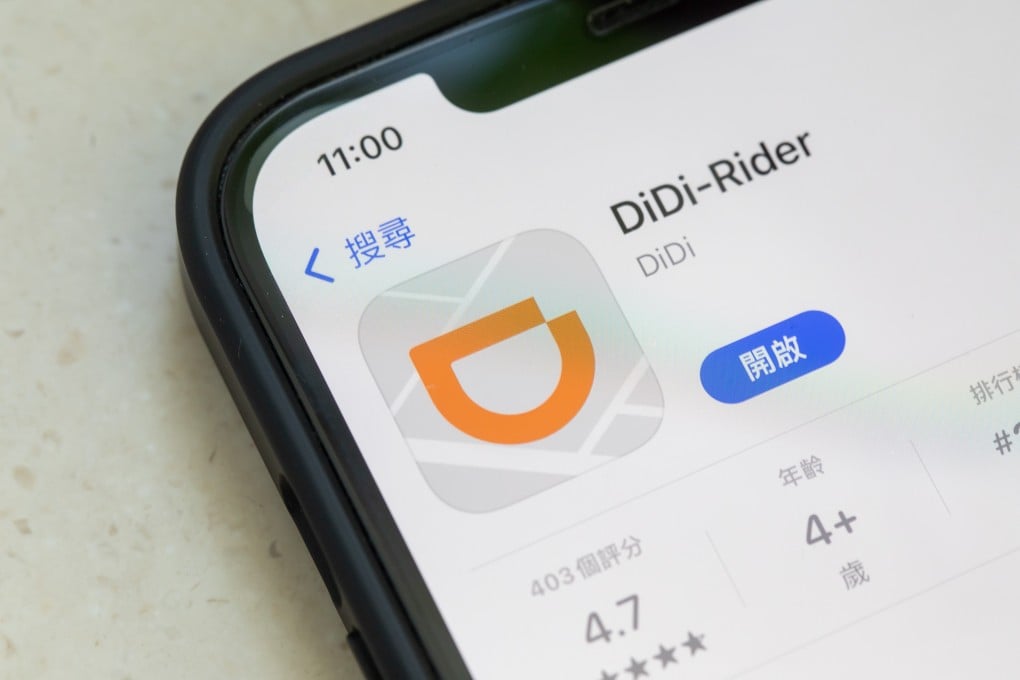Editorial | Data security rules key with city riding high in Didi U-turn
- As the company quits New York to prepare for a blockbuster relisting, Hong Kong has to make sure it gets the balance right to ensure that other China firms follow

If every cloud has a silver lining, one has unfolded for Hong Kong among tensions and a tech war between China and the United States.
Investors are big losers, with Didi stock trading at half its initial public offer price.
This follows a five-month cybersecurity review of Didi by the Cyberspace Administration of China, followed by similar reviews of other companies, and new cybersecurity rules for those listing overseas. It also comes days after a move by US authorities for a new law to force foreign firms to open their books to scrutiny or risk being delisted, which could result in many making their way to Hong Kong.
Didi’s move would not cause a ripple in New York’s liquidity pool, but is good for Hong Kong.
As a global financial centre with international benchmark standards, Hong Kong is not only a natural alternative, but is playing its role as a gateway to China.
